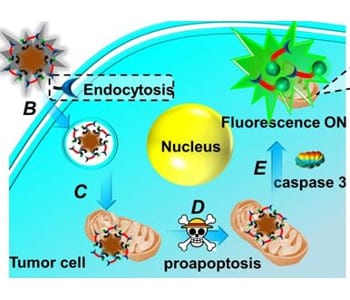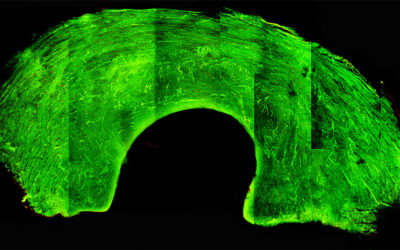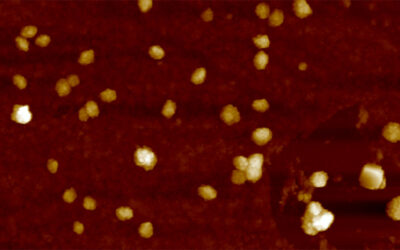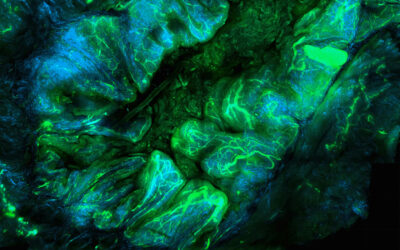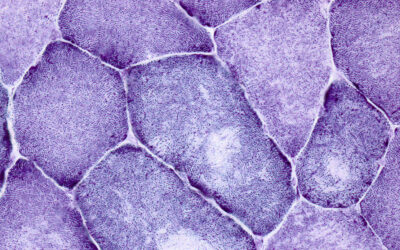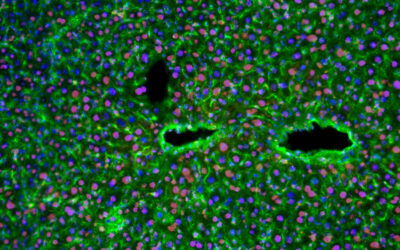 Theranostic systems that combine therapy and diagnostics have become extremely important in the development of new cancer treatments that have great potential for avoiding repeated doses or inappropriate therapy. However, due to the inherent non-biodegradability, long-term metabolism and system cytotoxicity, as well as the slow response rate of the theranostic agents, the application of theranostics are still limited. This has led to increasing research efforts to develop theranostic agents with satisfactory biosafety that maintain high efficiency.
Theranostic systems that combine therapy and diagnostics have become extremely important in the development of new cancer treatments that have great potential for avoiding repeated doses or inappropriate therapy. However, due to the inherent non-biodegradability, long-term metabolism and system cytotoxicity, as well as the slow response rate of the theranostic agents, the application of theranostics are still limited. This has led to increasing research efforts to develop theranostic agents with satisfactory biosafety that maintain high efficiency.
Recently, Dr. Xian-Zheng Zhang and co-workers at Wuhan University, China have fabricated a biodegradable chimeric peptide for cancer therapy and real-time apoptosis imaging. In this study on theranostic nanoplatforms, the Chinese scientists have shown that the chimeric peptide is able to target cancer cells both in cellular and subcellular levels. They observed that chimeric peptide initiated apoptosis of cancer cells by generation of caspase-3, and this change was detected simultaneously via fluorescence turn-on response. More importantly, they used the pro-apoptosis peptide subunit instead of a traditional chemical anticancer drug to achieve effective tumor cell inhibition, which might have great promising in overcoming multidrug resistance.

